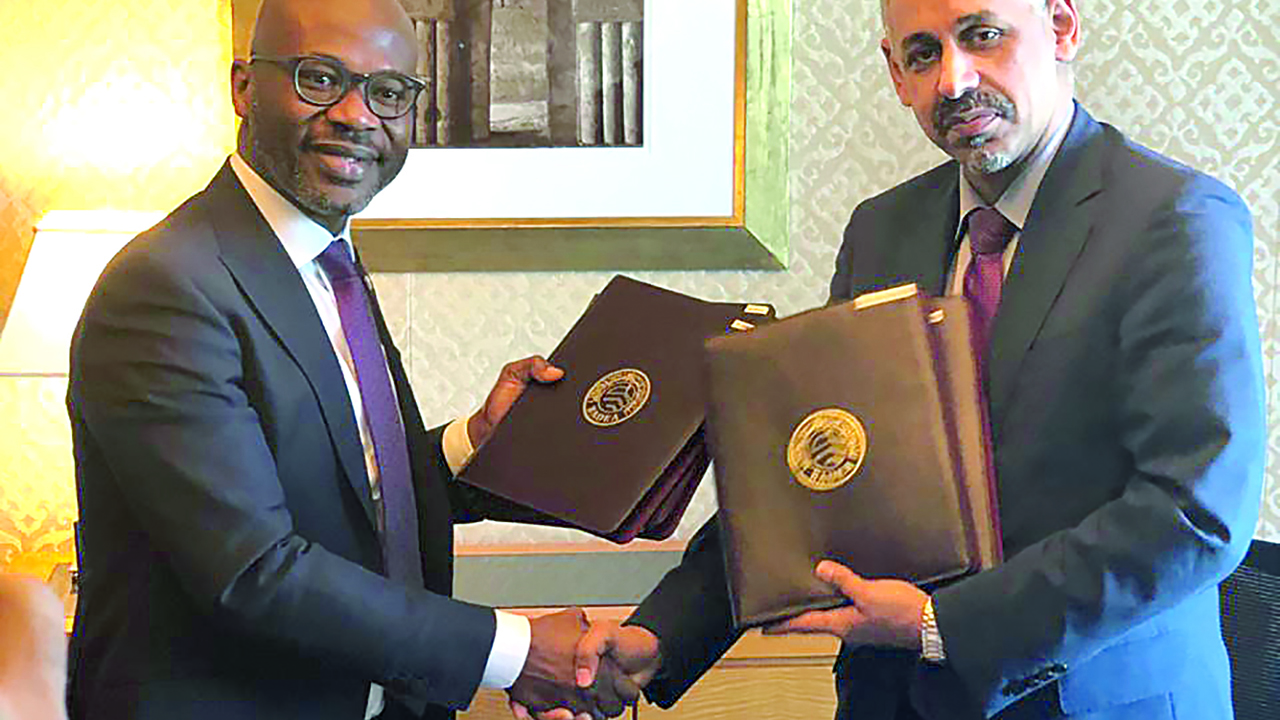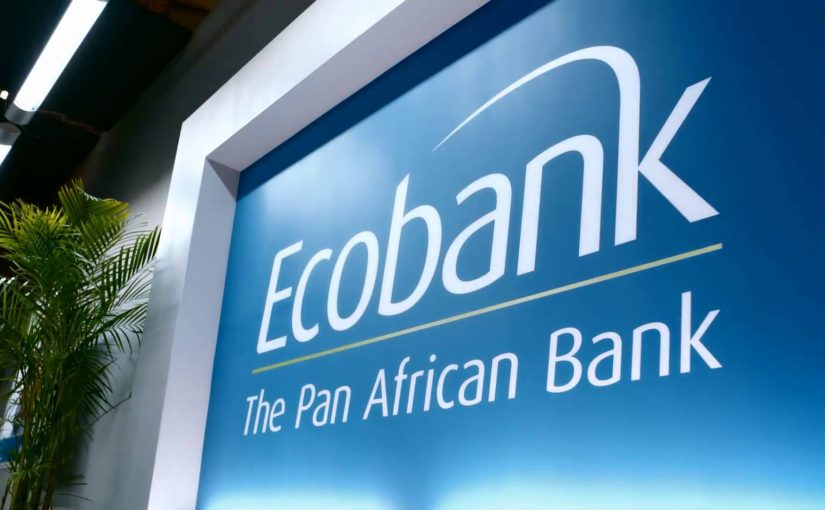Ahead of final decision by the Federal Government to sign and ratify the Africa Continental Free Trade Area (AfCFTA) agreement, the Arab Bank for Economic Development in Africa (BADEA) and Sterling Bank Plc., has sealed a $65 million (about N23.4 billion) credit facility.
The deal is technically structured to drive with its first tranche of $15 million, provision of credit in financing of private sector projects, while the second massive tranche of $50 million is for financing Arab exports to African importers.
However, it would be recalled that the Federal Government had remained unconvinced on the after effects of joining AfCFTA based on repeated red flags waved by the organized private sector and the Manufacturers Association of Nigeria (MAN) in particular, who recently reiterated its position that the Federal Government should not sign the AfCFTA until wide reaching sensitization and proper assessment are conducted on its impact on the economy and the manufacturing sector.
In a recent statement, MAN President, Engr. Mansur Ahmed, reaffirmed the need for government to do proper assessment of the impact to ascertain how beneficial AfCFTA would be to Nigeria and provide necessary adjustment costs as well as competitiveness enhancing infrastructure before deciding whether to sign or not.
He, however recalled that the Presidential Committee inaugurated to assess the continental trade agreement is expected to submit its report this month, saying “We are confident that the eventual position of Nigeria on the AfCFTA Framework agreement would be well articulated in a fresh National Negotiation Mandate that is in the best interest of the manufacturing sector and indeed the Nigerian economy while paying utmost attention to emerging issues on AfCFTA and ensure that the industrial aspiration of the country is not compromised on the platter of free trade.”
Analysts who reviewed happenstances at the just concluded Africa Union (AU) summit in Addis Ababa observed that while Zambia and Botswana have joined the AfCFTA, Zimbabwe, another South African country has shelved its plans to join the Continental Free Trade Area.
Just like Nigeria, Zimbabwe declined to sign the agreement because it was to find space to stabilise local industries which are struggling to produce enough quality goods to compete outside.
Business Hilights gathered that the sum was granted through two loan agreements signed on Monday in Cairo, Egypt.
The Director-General, Dr. Sidi Ould TAH, signed on behalf of BADEA while Mr. Yemi Odubiyi, Executive Director, Corporate & Investment Banking signed on behalf of Sterling Bank.
In his remarks on the loan, Mr. Odubiyi said the first tranche of $15 million is a line of credit for the financing of private sector projects, while the second of $50 million is for financing Arab exports to African importers, as part of BADEA’s programme for financing foreign trade.
Hinting more on the second tranche which is key, Sterling Bank official revealed that “This second $50 million loan is aimed at bringing Arab goods and products to Nigeria, through on-lending to beneficiaries in the country. This will also help to encourage and promote trade exchanges between Arab and African countries, thereby helping the growth of Arab exports in sub-Saharan Africa”.
Manufacturing pundits say production of goods in Arab countries are cheaper and less worrying than Nigeria, hence there are chances that as soon as AfCFTA is home and dry in Nigeria, indigenous manufacturers may begin to close shops on account of high influx of African-Arab goods.









